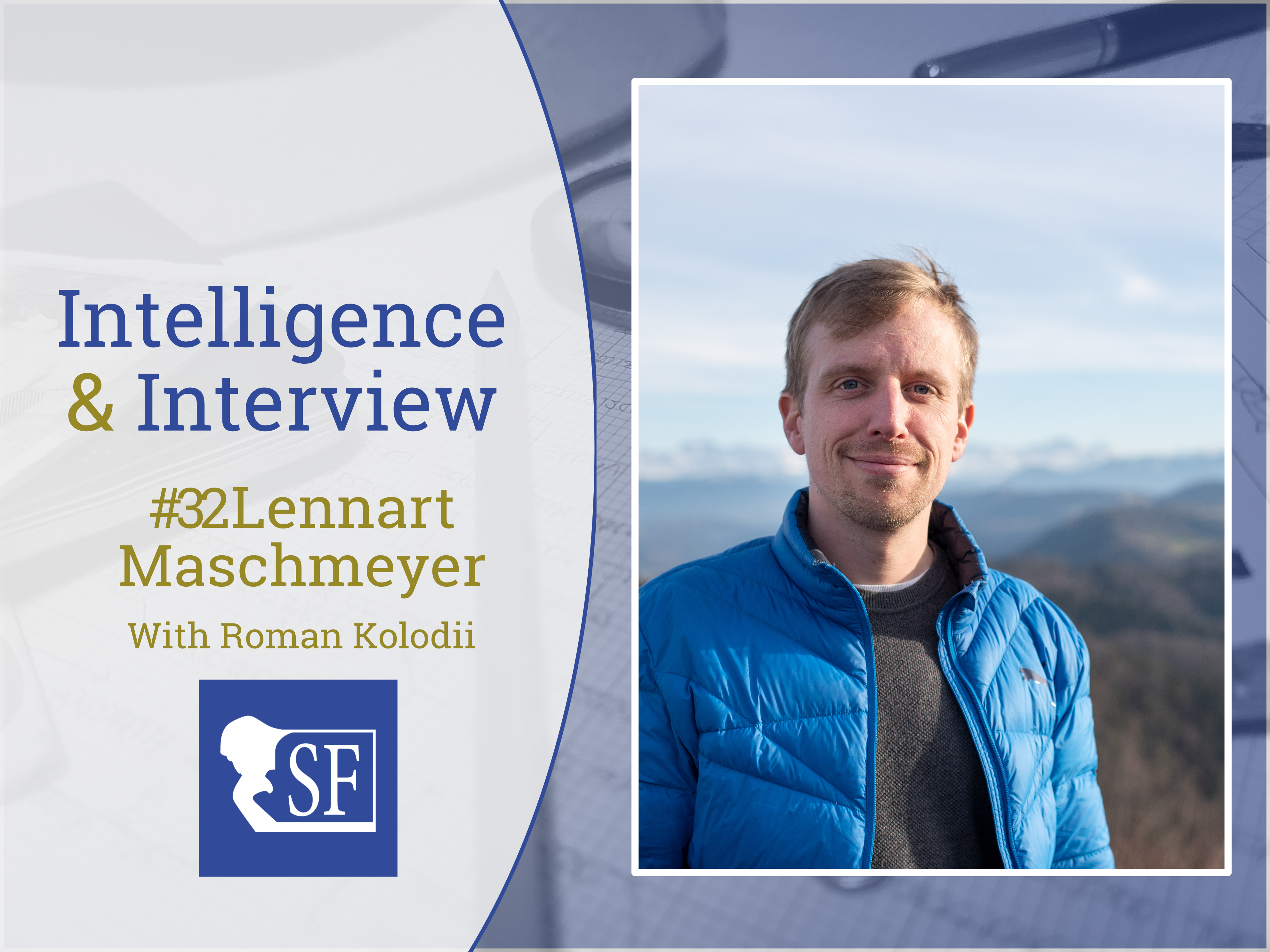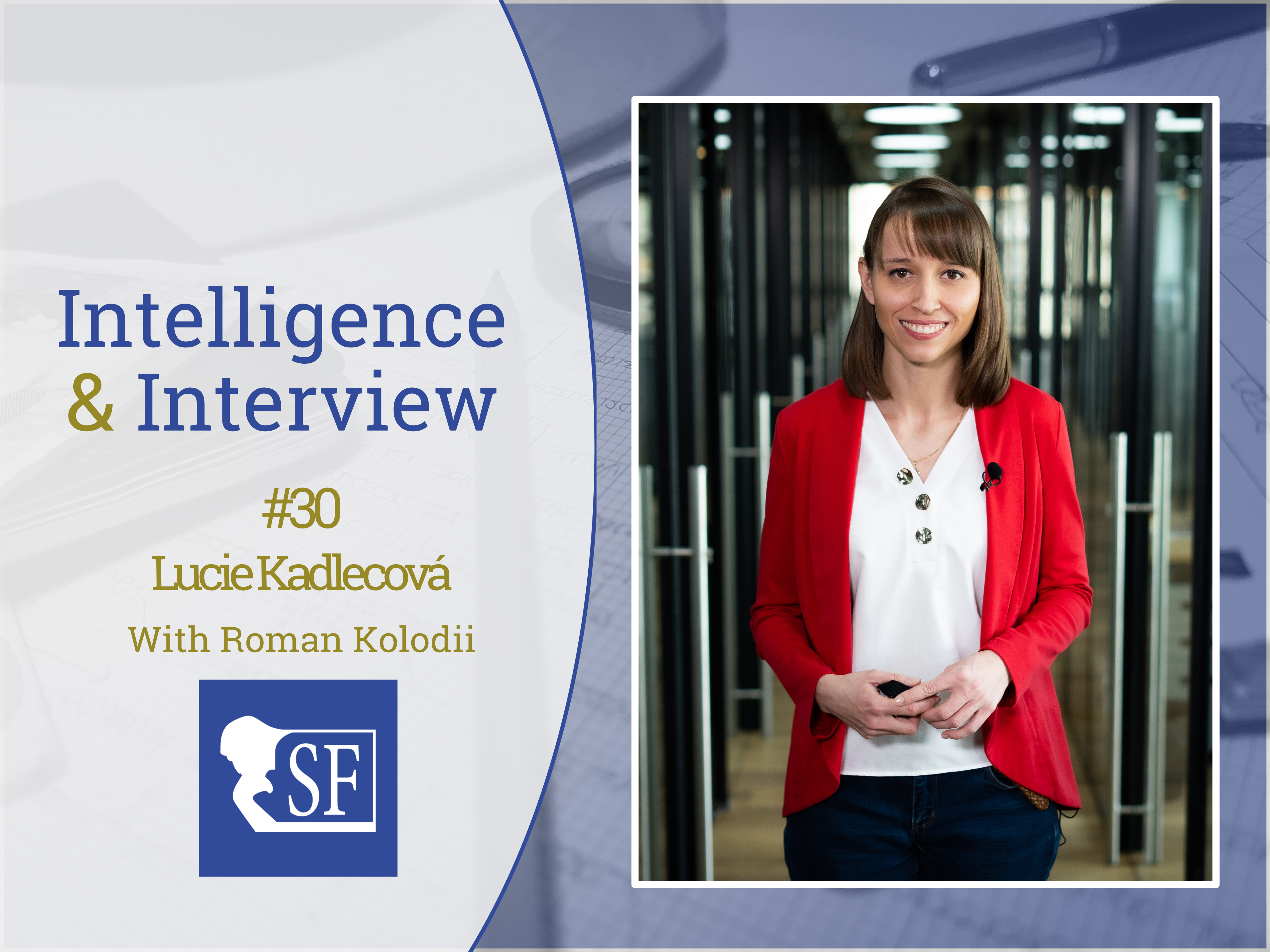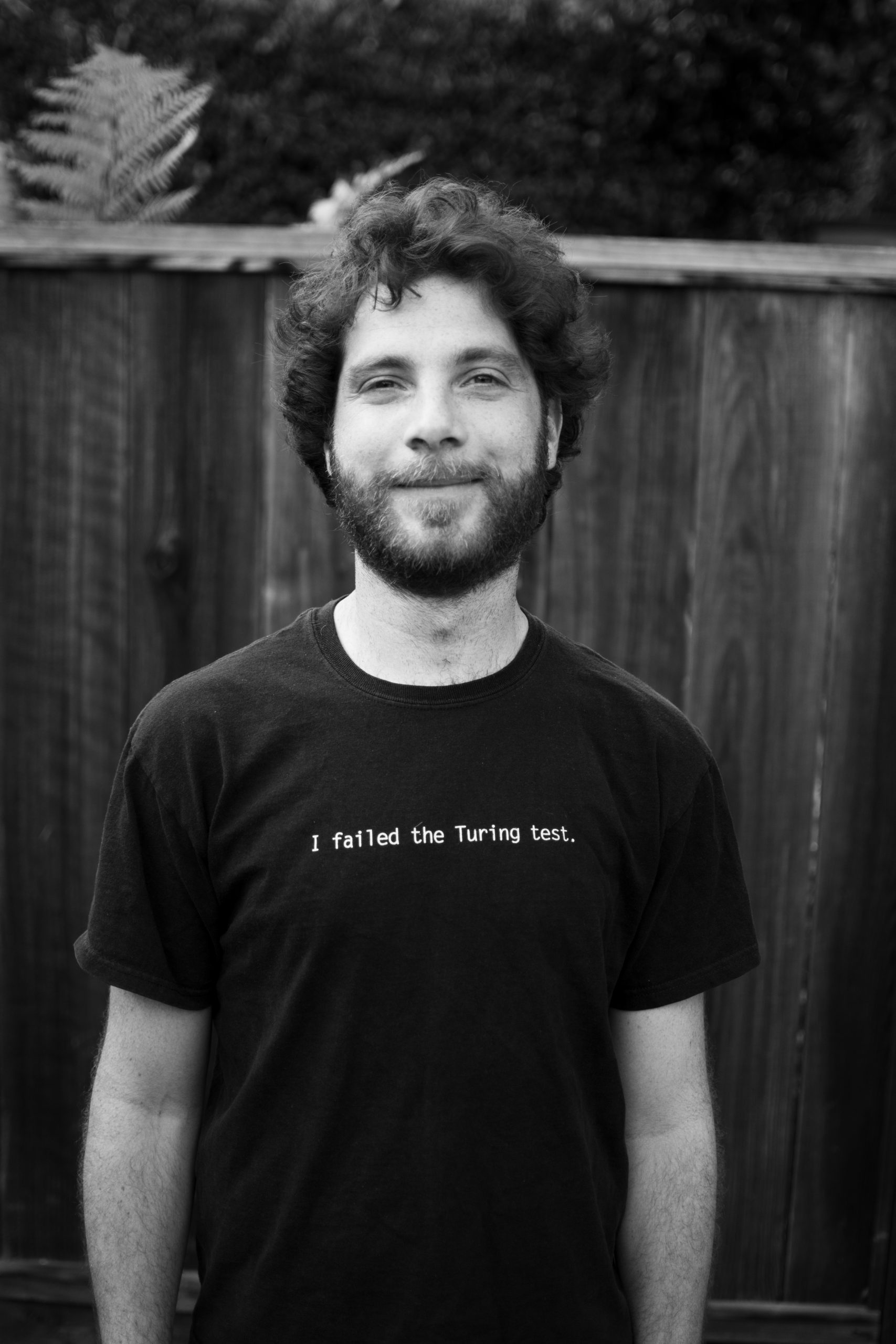
Discover Intelligence & Interview and Subscribe to the Newsletter!
With current expansion of digital practices to mitigate the effects of Covid-19, well-calibrated cybersecurity strategies have become even more relevant than ever. Such instances as recent attempts to steal data on Covid vaccines through cyber-intrusions, for instance, demonstrate how dangerous and malicious cyber-threats can be during healthcare emergencies, especially if orchestrated by foreign governments. Indeed, in recent years, many experts began to view cyberspace not so much as no-man’s land but rather a battlefield where individual states can engage in confrontation for the sake of asymmetrical gains. Such scholarship, however, often focuses on government-centric perceptions of cyberspace-related events and presumes disruptive potential of cyber-technologies in situations where, in fact, it is not that pronounced. These habits of thought often preclude a more accurate and better informed appreciation of the role of cyber-threats, especially in terms of their effectiveness, as well as their mitigation through non-government efforts. For this interview, we have invited Dr Lennart Maschmeyer, an expert in cybersecurity, whose work examines existing blind spots and biases regarding cyber-operations and promotes more inclusive cyber-threat reporting among non-state actors. He is a senior researcher at the Center for Security Studies (ETH Zurich), a university-affiliated think tank in Switzerland offering security policy expertise in research, teaching, and consulting activities. Apart from his academic research, Lennart has been also involved in coordination of better cyber-threat reporting between commercial cyber-threat intelligence firms and civil society actors. In our interview, we discuss the character of modern cybersecurity threats, the role of digital technologies, including social media, in Russian influence operations, the importance of cyber-threat reporting, and dominant trends that would shape the nearest future of cybersecurity and strategy worldwide. On behalf of the Scuola Filosofica Team, our readers, and myself, Roman Kolodii, Lennart: thank you!
#1 Lennart, how would you like to present yourself to the international readers of Scuola Filosofica?
I am a senior researcher at the Center for Security Studies at ETH Zurich where I examine the opportunities information technology provides for actors to project power in world politics. Specifically, I focus on how technological change has altered the quality of covert operations as an instrument in strategy. Cyber operations are often perceived as a novel instrument, yet my research shows close similarities to subversive intelligence operations both concerning strategic role and operational constraints. What is probably new about cyber conflict is the outsize role played by non-state actors, especially commercial cyber threat intelligence firms whose reporting often constitutes the main, sometimes the only source of data on ‘cyber attacks’. Because these firms are profit-driven, so is their reporting—and this produces selection bias in what is, and what is not reported. This bias distorts how policy makers, academics and the public perceive cyber conflict, and my secondary topic of interests is studying these biases.



